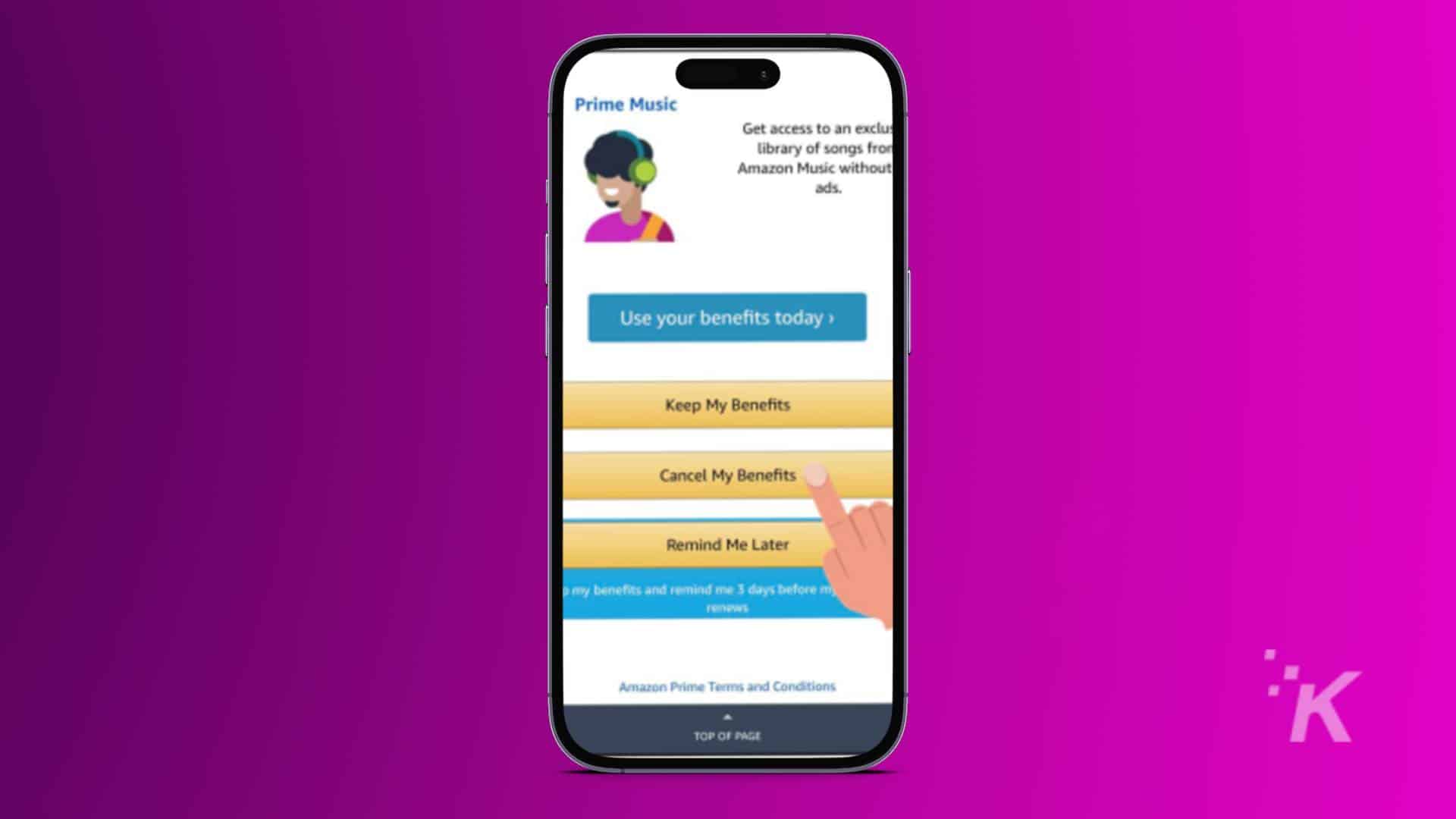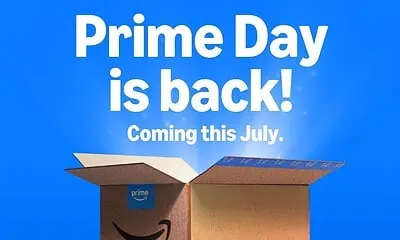Amazon Prime
FTC says Amazon made canceling Prime an escape room
Amazon takes your money before clearly explaining what you are agreeing to.

Just a heads up, if you buy something through our links, we may get a small share of the sale. It’s one of the ways we keep the lights on here. Click here for more.
Amazon Prime may feel like the ultimate life hack with two-day shipping, endless shows to binge, and good deals on products, but according to the FTC, there’s a darker side to all that convenience.
The FTC has been poking around Prime’s back end and claims Amazon has been using some sneaky, borderline-illegal tactics to rope people in and keep them from leaving.
The drama started back in 2023, when the FTC filed a lawsuit accusing Amazon of deploying “dark patterns” design tricks that nudge users into decisions they might not fully understand.
Think endless “are you sure you want to cancel?” pop-ups, confusing menus, and sign-up flows that feel more like an escape room than a checkout page.
According to the agency, Amazon intentionally made canceling Prime so tedious that many people just gave up and kept paying. (Via: The Verge)
Now, in September 2025, that investigation has scored a big win. A federal judge ruled that Amazon violated the Restore Online Shoppers’ Confidence Act (ROSCA) by collecting billing info from Prime customers before fully disclosing the service’s terms.
Amazon allegedly took your money before clearly explaining what you were agreeing to.
The full case kicks off this Monday, and the FTC is already eyeing two top Amazon executives who could be held personally accountable if the agency proves its claims.
Amazon, unsurprisingly, denies everything, insisting that its sign-up and cancellation processes are totally legal and user-friendly, because nothing says “friendly” like clicking through five confirmation screens just to cancel.
If the FTC wins, the fallout could be huge. Amazon might have to overhaul how Prime works, making sign-ups and cancellations far more transparent.
And the ripple effect could spread beyond Amazon, forcing other subscription-based services to rethink their own fine-print shenanigans. Until then, Prime members might want to double-check their settings.
Is the FTC’s lawsuit against Amazon’s Prime subscription tactics a necessary crackdown on deceptive business practices, or government overreach into how companies can market their services? Should subscription services be required to make cancellation as easy as signing up, or do companies have the right to use persuasive design to retain customers? Tell us below in the comments, or reach us via our Twitter or Facebook.






















